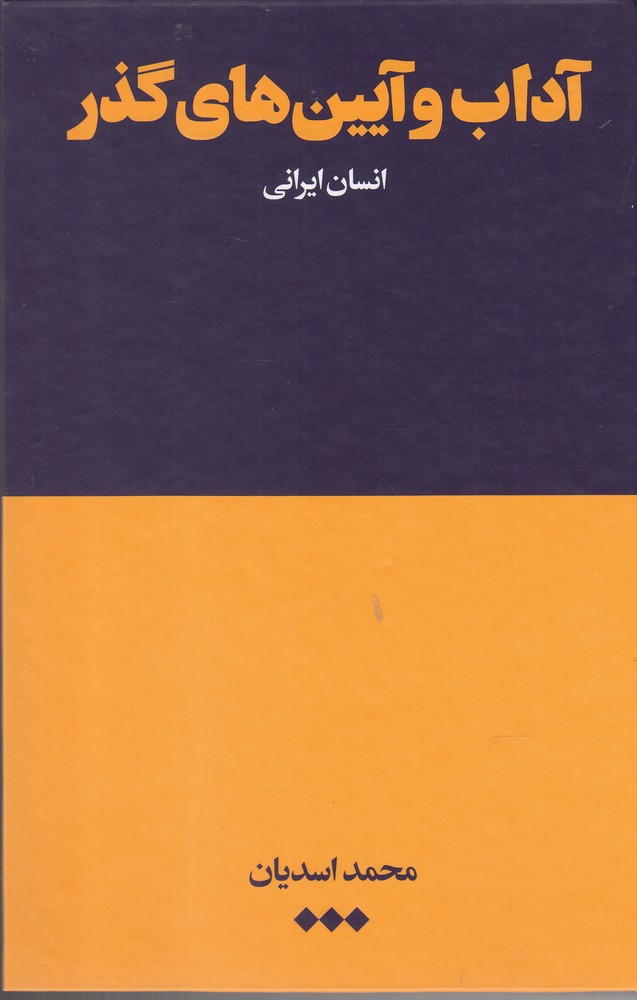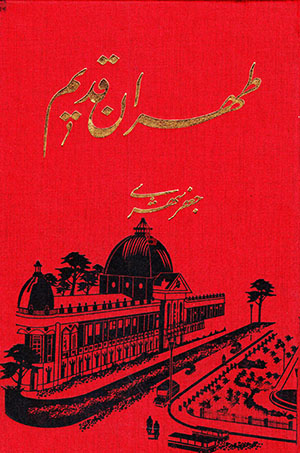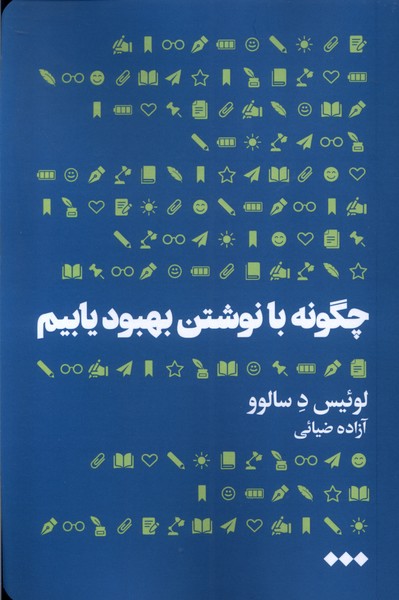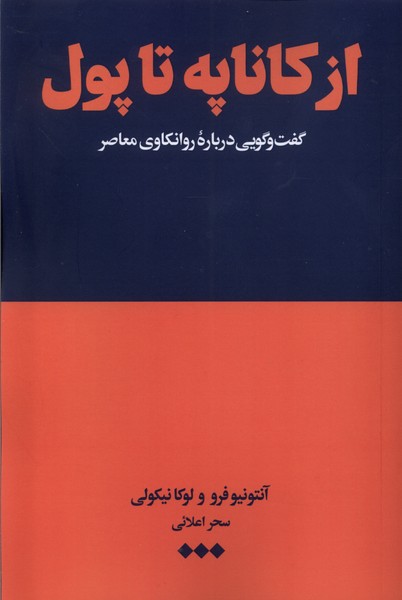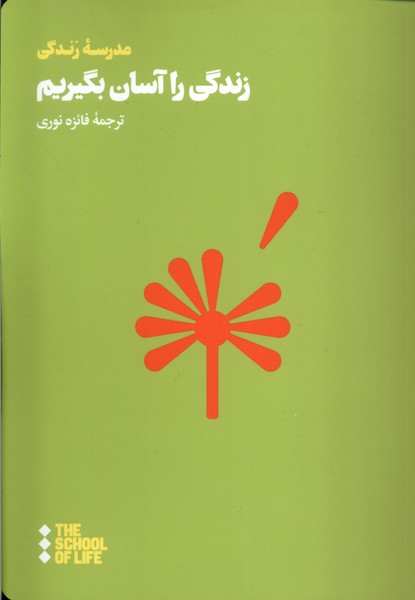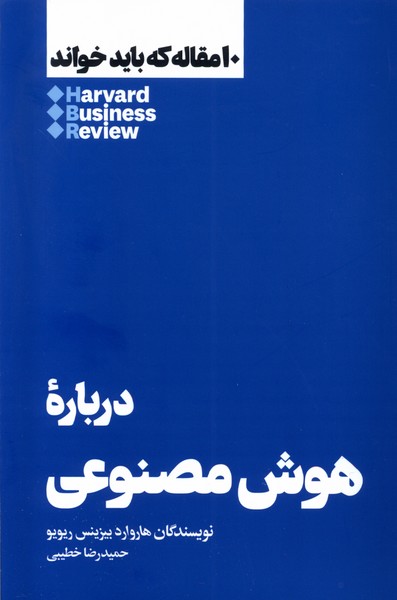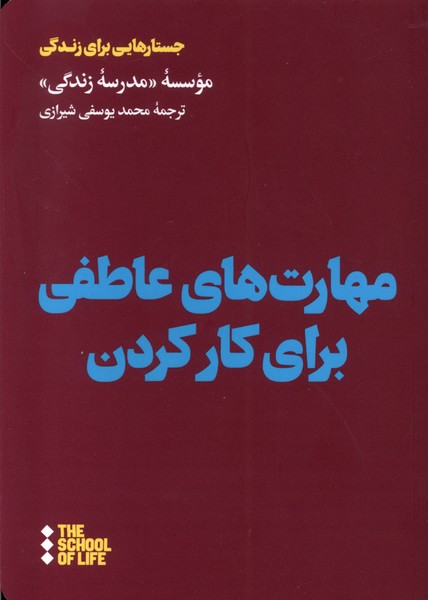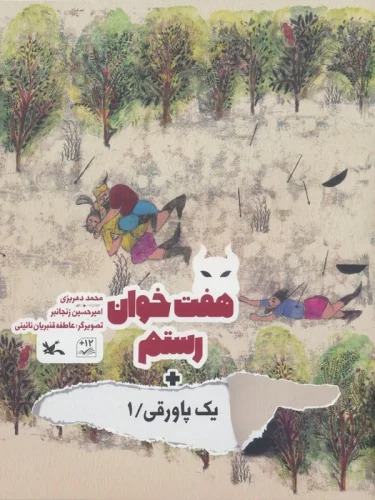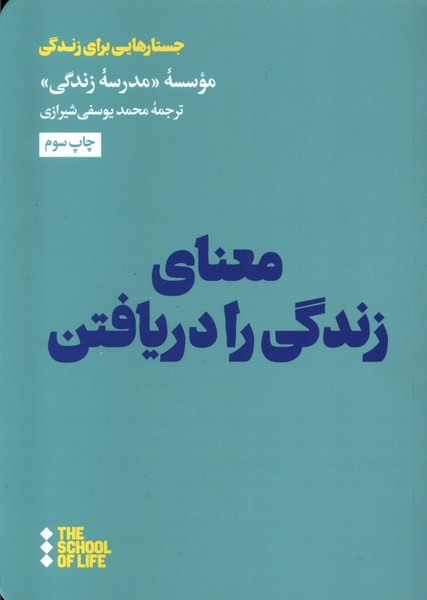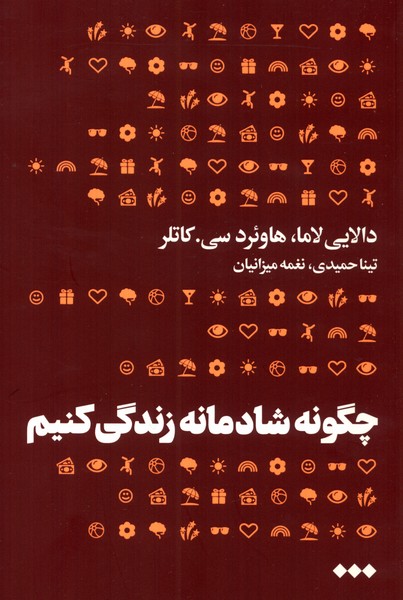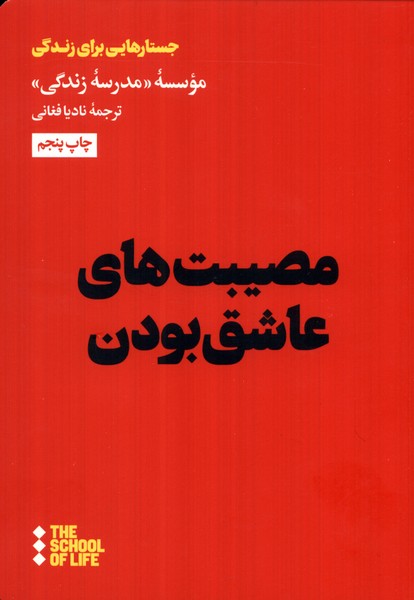Ādāb va āyīn'hā-yi guẕar-i insān-i Īrānī: Persiska (Farsi) 1399
آداب و آیین های گذر انسان ایرانی
19,51 £
Dela
Wishlist
"Mohammed Asadian" is the author of the book "Rites of Passage". In this book, he deals with an important issue in common customs in Iran. In the process of his biological and social transformations (birth, puberty, marriage, and death), man has three stages ahead: separation, transfer, and joining. In the first stage, he separates from the existing position and situation, in the second stage, he passes it and in the third stage, he joins the society in a new position. The transition stage is a stage in which a person has gone through ceremonies and rituals and left a base behind, but has not yet reached another base. as if it is on the door and threshold of the house, not inside or outside the house; It is in the joining stage that a person enters his new place and position. The customs and rites of passage have lost their color in some traditional societies and have crept into the layers of behavior in modern societies, but they still have a significant presence and function in the social and cultural life of humans as required by any environment. Each of the biological, social, and cultural developments including pregnancy and childbirth, birth, childhood, puberty, marriage and death, and other rituals and ceremonies in urban, rural, and tribal societies of Iran have stages that are the grounds of separation, transfer, and joining or They provide attachment. In the chapters of this book, the author has described and analyzed them with caution, referring to the relevant sources and documents.
more
"محمد اسدیان" نویسنده کتاب "آداب و آیین های گذر" است. او در این کتاب به مسئله ای مهم در آداب و رسوم رایج در ایران می پردازد. انسان در روند دگرگونیهای زیستی و اجتماعی خود (تولد، بلوغ، ازدواج و مرگ) سه مرحله پیش رو دارد: جدایی، انتقال و پیوستن. در مرحلۀ نخست از جایگاه و وضعیت موجود جدا میشود، در مرحلۀ دوم از آن میگذرد و در مرحلۀ سوم در موقعیتی جدید به جامعه میپیوندد. مرحلۀ گذر مرحلهای است که در آن شخص مراسم و آیینهایی را از سر گذرانده و پایگاهی را پشت سر نهاده، امّا هنوز به پایگاه دیگر راه نیافته است. گویی بر درگاه و آستانۀ خانه است، نه درون خانه و یا بیرون آن؛ در مرحلۀ پیوستن است که آدمی به جایگاه و موقعیت جدید خود راه مییابد. آداب و آیینهای گذر البته در پارهای از جوامع سنتی رنگ باختهاند و در جوامع مدرن به درون لایههای رفتاری خزیدهاند، اما هنوز در حیات اجتماعی فرهنگی انسان به اقتضای هر محیط حضور و کارکردی چشمگیر دارند. هر یک از تحولات زیستی، اجتماعی و فرهنگی از جمله بارداری و زایمان، تولد، کودکی، بلوغ، ازدواج و مرگ و آیینها و مراسم و مناسک دیگر در جوامع شهری، روستایی و ایلی ایران دارای مراحلی هستند که زمینۀ جدایی، انتقال و پیوستن یا الحاق را فراهم میکنند. نویسنده در فصول این کتاب با استناد به مآخذ و مدارک مورد توجه، به شرح و توصیف و با قید احتیاط به تحلیل آنها پرداخته است.
more

